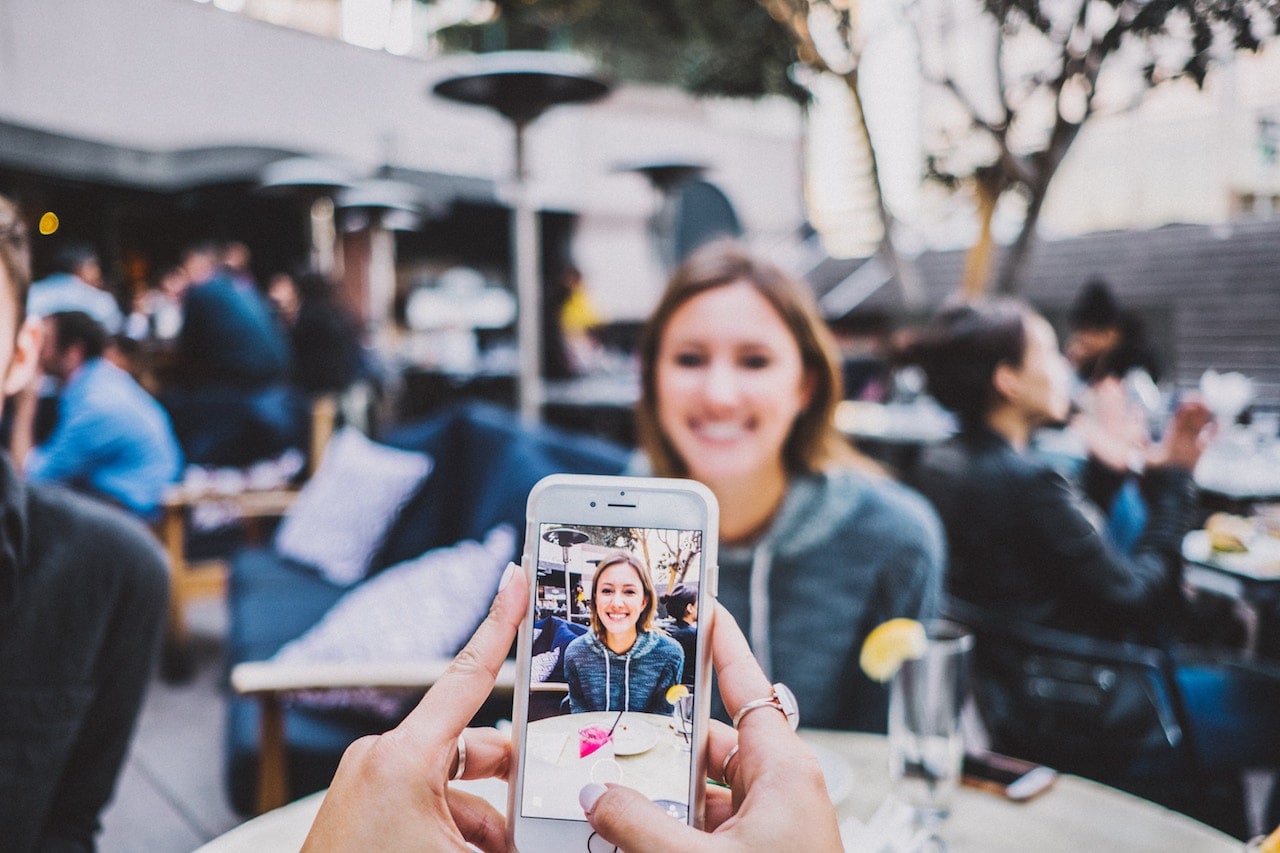
It’s time to put down your smartphone and connect
Although smartphones can make you feel connected to the world at large, they interfere with real human exchanges. A new study from the University of British Columbia looked at the effect of smartphones on face-to-face social interactions and found that people who used their phones while out for dinner with friends and family enjoyed themselves less than people who did not.
Ryan Dwyer, the study’s lead author and a Ph.D. student in psychology: “As useful as smartphones can be, our findings confirm what many of us likely already suspected. When we use our phones while we are spending time with people we care about—apart from offending them—we enjoy the experience less than we would if we put our devices away.” This phenomenon has also been described as phubbing by other relationship commentators.
For the study, the researchers asked more than 300 people to go out to dinner with friends and family. People were randomly assigned to either keep their phones on the table or to put their phones away during the meal. Afterward, they were asked questions, including how much they enjoyed the experience. The researchers made sure the participants didn’t know they were being watched for their smartphone use.
Smartphones at dinner increased boredom, decreased pleasure
And the results? When smartphones were on the table, people felt more distracted, infringing on their enjoyment of the time with their friends and family—about half a point less on a seven-point scale. And the study’s participants also said they felt more bored when their smartphones were out, which the researchers found surprising.
“We had predicted that people would be less bored when they had access to their smartphones because they could entertain themselves if there were a lull in the conversation,” said Dwyer. But it turns out technology is not all entertaining.
These findings were not limited to restaurants. More than 100 people were sent a survey (to their smartphones) five times a day for a week asking how they had been feeling and what they had been doing for the past 15 minutes. The same pattern emerged—people enjoyed face-to-face interactions less if they had been using their phones.
Face-to-face interactions keep us happier than screens
Elizabeth Dunn, the study’s senior author and a professor in the department of psychology, had this to say: “An important finding of happiness research is that face-to-face interactions are incredibly important for our day-to-day wellbeing. This study tells us that, if you need your phone, it’s not going to kill you to use it. But there is a real and detectable benefit from putting your phone away when you’re spending time with friends and family.”
The study’s findings, published in the Journal of Experimental Social Psychology, add something to the constant debate on smartphones versus public health and highlight the benefits of a digital detox. The compulsive nature of smartphones is well established by now, but the technology’s effects on human relationships are still a grey zone—is sexting a way to keep a relationship playful? Maybe. But if you’re going out to dinner with a partner, friend, or family member, keep the smartphone in your pocket, or, better yet, at home.
Do you need relationship help?
If you need relationship help, contact Clinton Power for a FREE 15-minute phone inquiry call to discuss your situation and find out how he can help. Call us now on (02) 8968 9323 or book your free phone inquiry online.
Since 2003, Clinton Power has helped thousands of couples and individuals as a counsellor and psychotherapist in private practice in Sydney and online in Australia. Clinton regularly comments in the media on issues of relationships and has appeared on Channel 7, The Sydney Morning Herald, and ABC Radio. Clinton’s eBook, 31 Days to Build a Better Relationship is available through his website or Amazon. Click here to take Clinton’s relationship checkup quiz to find out how well you know your partner.
